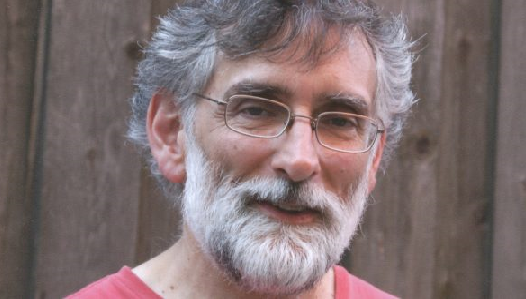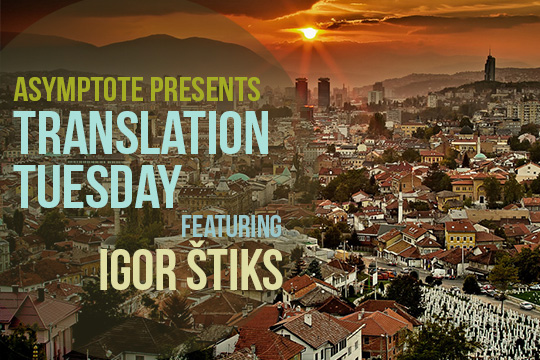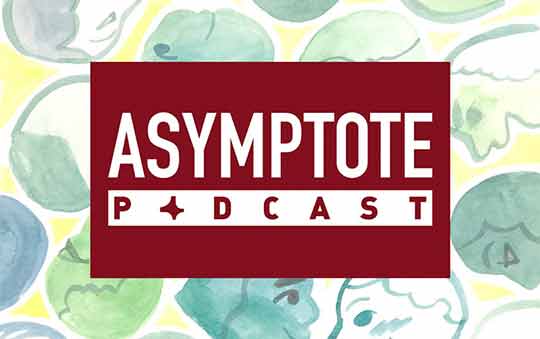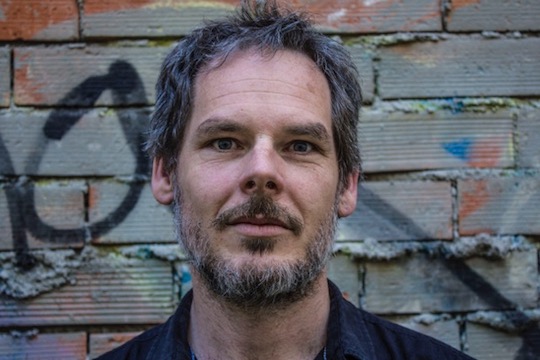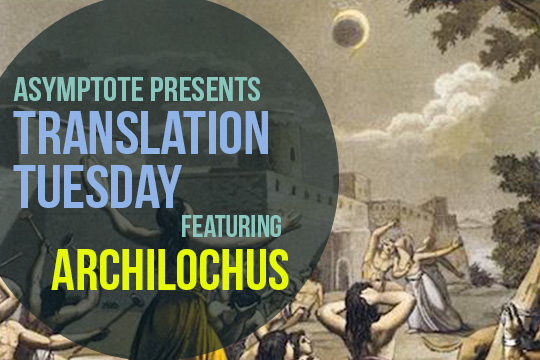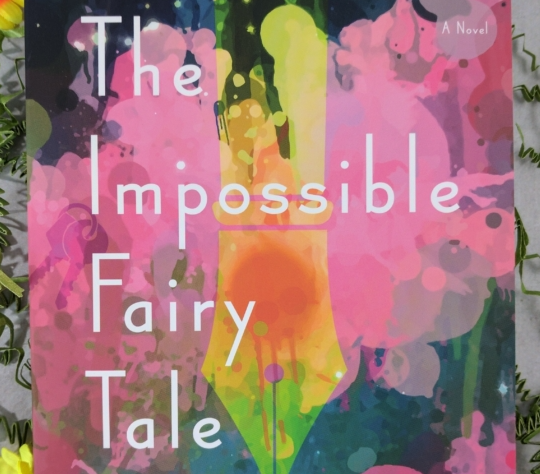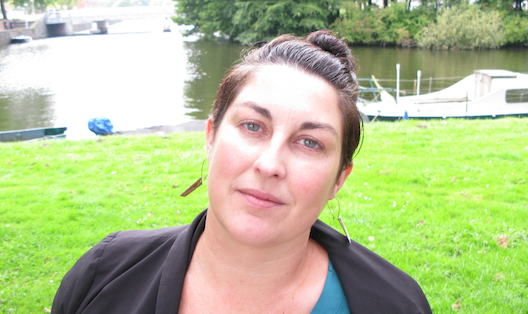The prolific French writer and filmmaker Marguerite Duras is perhaps best known for her novel The Lover, winner of the 1984 Prix Goncourt, as well as for her 1959 Oscar-nominated screenplay Hiroshima mon amour. In 1987, she published a collection of texts entitled La vie matérielle (Practicalities), in which she relates “everything and nothing” relating to her life, from her work to everyday thoughts. Duras was an avid cook and had intended to include some of her recipes in the collection, too. Ultimately, though, while some recipes made it into La vie matérielle, most did not. After Duras’s death in 1996, her son Jean Mascolo sought to rectify this by publishing the slim volume La Cuisine de Marguerite (Benoît Jacob), a collection of his mother’s recipes as recorded in her handwritten notebook. After a false start in 1999 when Duras’s literary executor blocked its sale, the book was finally republished and circulated in 2014.
The recipes in La Cuisine de Marguerite are a captivating mix of flavors and influences. This can be expected from any collection of recipes curated over a lifetime. However, given her international experiences, Duras’s collection ranges wider than many others. Traditional French fare is sparsely represented in her recipe book, with leek soup, vichyssoise, and chicken liver pâté scattered here and there among the more plentiful offerings of further-off origins: nasi goreng from Indonesia, rougail sauce from Réunion, spare ribs from the U.S. The recipes are mostly brief, though some are characterized by spirited notes, such as her instructions for Dublin coddle (“The Irish will tell you: add more wine […] Don’t listen to them.”) and gazpacho (“The Spanish use broth in the place of water. They’re wrong.”). In the preface to the book, Jean Mascolo writes that the book “has no other pretense than to evoke Marguerite Duras in a daily activity that she did not hesitate, with a smile, to make as creative as her writing.”
Among the most personal recipes in the book are those originating from the place of Duras’s birth in 1914: the Gia Định province in French Indochina, near what is now known as Ho Chi Minh City, Vietnam. Duras was the middle child and only daughter of two schoolteachers who had answered the French colonial government’s call for volunteers. Her father died early on, plunging the family into poverty, after which her mother allowed the children near-complete freedom. Unlike the other colonists, the siblings were allowed to play with Vietnamese children, and Duras spoke fluent Vietnamese. She had no taste for French foods—the Normandy apples and the meat that her mother occasionally served the family—preferring rice, soups from street vendors, and fresh fish cooked in nuoc-mâm, Vietnamese fish sauce.


